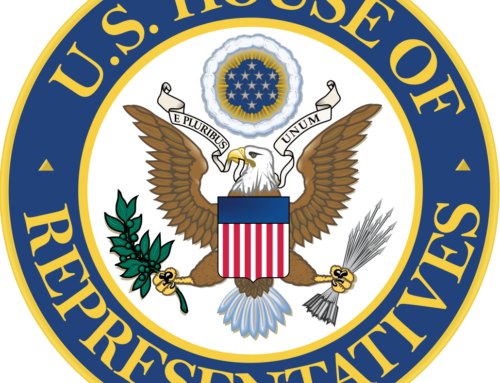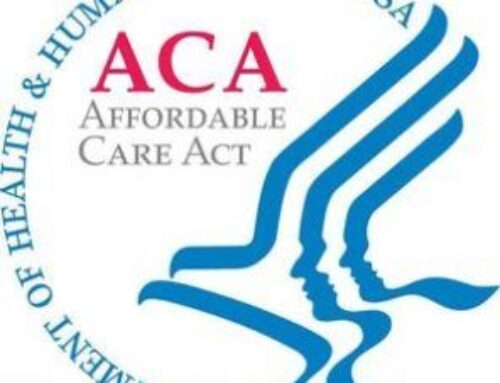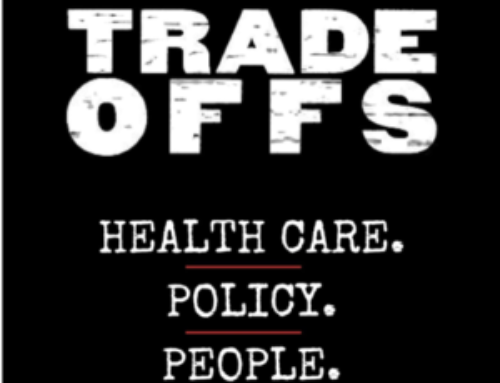April 17, 2013
A recent report published by the Partnership for Sustainable Health Care and funded by the Robert Wood Johnson Foundation singled out the adoption of Value-Based Insurance Design (V-BID) as one of five recommendations to sustain affordability and quality in America’s health care system. This inclusion again highlights the V-BID concept as one of a small number of ideas with strong, bipartisan support to control costs, enhance clinical outcomes and create a better experience for patients.
The report is the result of discussions of a diverse group of organizations that came together over the past year to develop reforms to improve efficiency, efficacy and value in the U.S. health system. Influential groups including America’s Health Insurance Plans, Families USA, the Pacific Business Group on Health, the National Coalition on Health Care, Ascension Health and the American College of Surgeons contributed to the report.
“Value-Based Insurance Design uses clinical nuance in benefit design and moves away from uniform cost-sharing for all services, treatments and providers,” said V-BID Center Director, A. Mark Fendrick, M.D. “The V-BID Center is encouraged to see organizations of this caliber endorsing the V-BID concept as a way to increase health care quality and bend the health care cost curve.”
The report noted that V-BID “modifies insurance design in ways that encourage consumers to select high-value services and providers.” It also praised the V-BID concept of incentivizing consumers in commercial health plans, as well as Medicare and Medicaid enrollees, to seek high-value health care. According to the report, “given the wide variation in cost and quality across providers, drugs, and services, shifting demand to those that demonstrate good value would be a much better allocation of resources.”
V-BID was cited earlier this year as a “game changer” in health care reform by the National Coalition on Health Care and has been recently featured in March’s Medicare Payment Advisory Commission Report, The Kaiser Family Foundation’s January Medicare Policy Report, and The Commonwealth Fund’s January Commission on a High Performance Health System Report as a way to improve care for Medicare beneficiaries.





